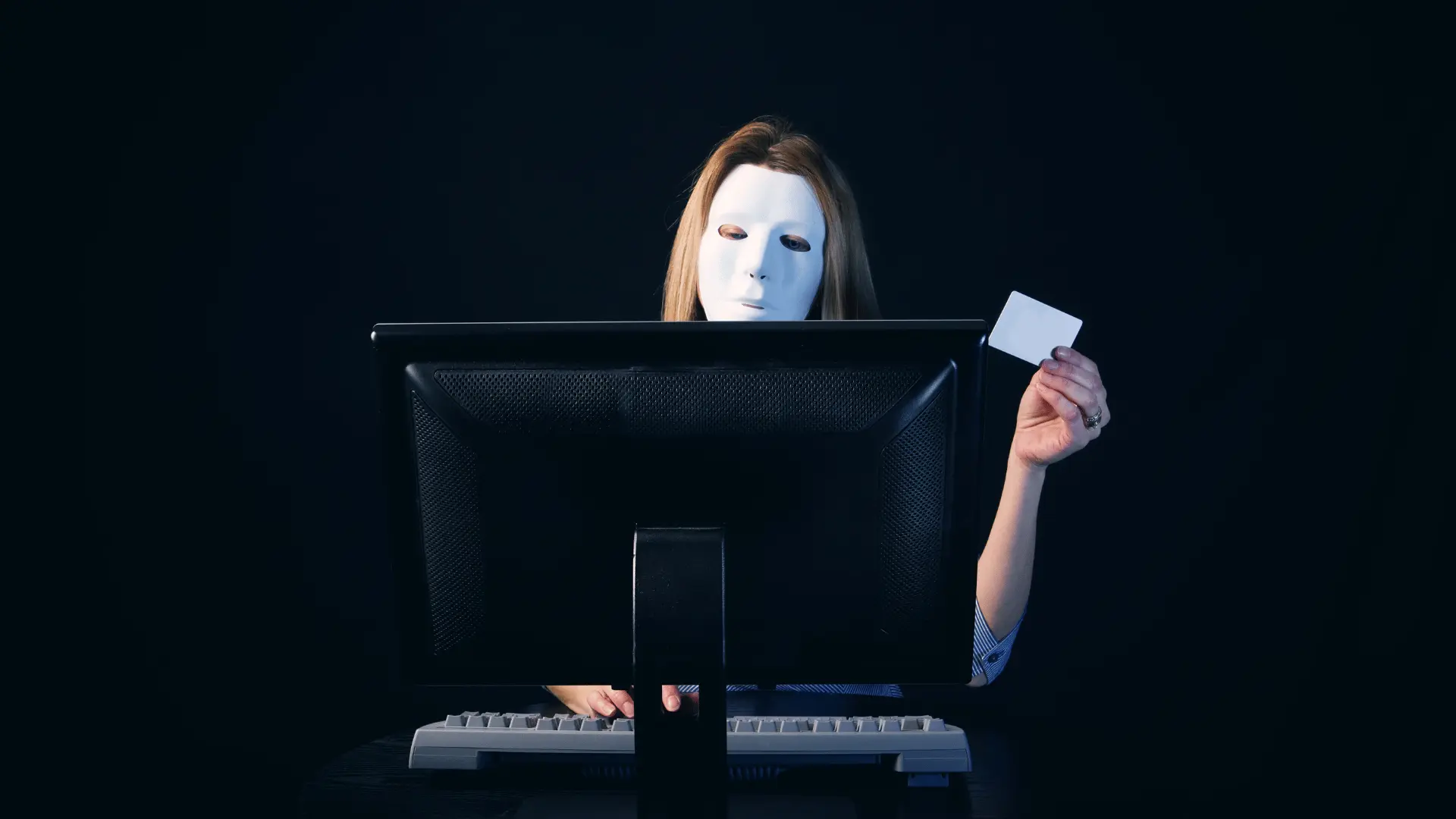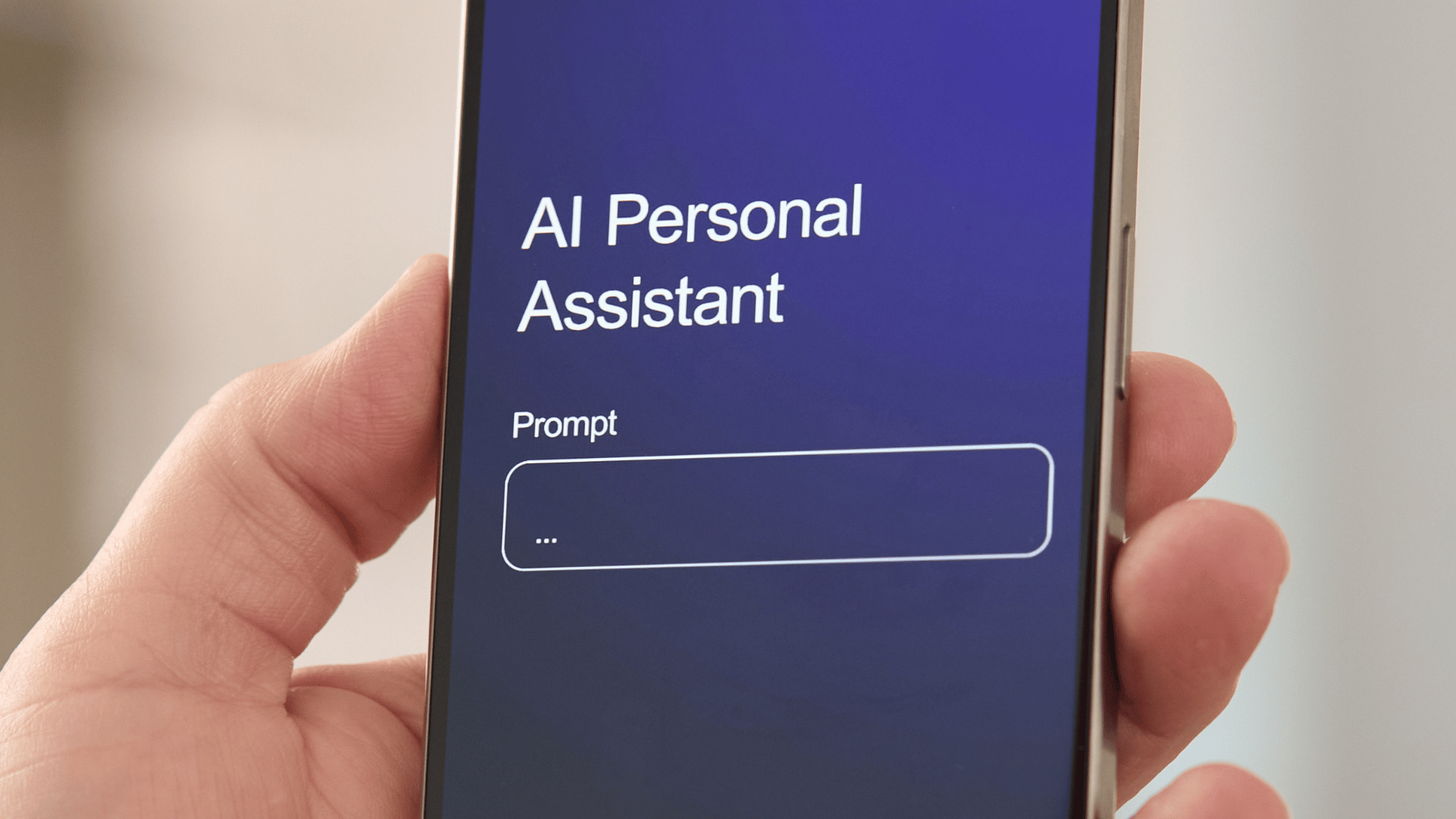The Illusion of Control
At first glance, passwords grant us sovereignty over our online personas. We craft them, memorise them (and sometimes forget them), and deploy them as gatekeepers to our data. However, this semblance of control is often undermined by the same institutions that mandate their use, raising questions about digital identity ownership. Organisations frequently enforce stringent password policies – demanding a cocktail of uppercase letters, numerals, and special characters – under the guise of security. Ironically, such complexity can lead users to adopt predictable patterns or recycle passwords across platforms, inadvertently compromising security.

The Corporate Custodians
Beyond the labyrinth of password creation lies the question of storage. Our meticulously crafted passwords reside on corporate servers, placing the onus of protection on these entities. Yet, history is replete with instances where companies have faltered, exposing user data. The Irish Data Protection Commission’s €91 million fine against Meta for storing user passwords in plaintext is a stark reminder of such vulnerabilities.
The Regulatory Puppeteers
Enter the regulators, the self-appointed arbiters of digital identity protocols. Institutions like the U.S. National Institute of Standards and Technology (NIST) periodically revise their guidelines, influencing password policies across sectors. The 2017 update, for instance, discouraged mandatory password changes and complex composition rules, acknowledging that such measures often do more harm than good.
While these shifts are ostensibly in the interest of enhanced security, they underscore the reality that our digital identities are subject to the whims of regulatory bodies.

The User’s Dilemma
Trapped in this intricate web, users grapple with the illusion of control over their digital identities. We navigate a maze of password requirements, trust corporations with our sensitive data, and adapt to ever-evolving regulatory standards. In this complex landscape, the question persists: Do we own our digital identities, or are we merely custodians operating within confines set by others?
Digital Identity Ownership
In the final analysis, the politics of passwords reveal an unsettling truth: our digital identities are, to a significant extent, governed by external forces. As technology continues to evolve, individuals must advocate for greater autonomy and transparency in managing their digital selves. After all, in the quest for digital sovereignty, who better to hold the keys than the rightful owners?











